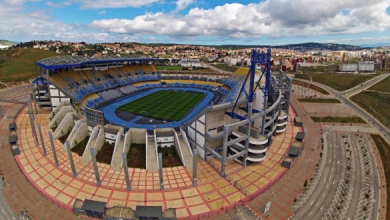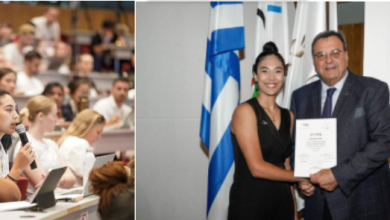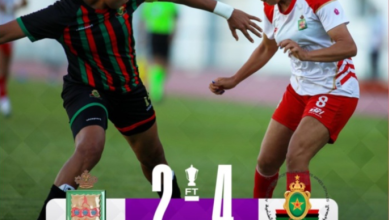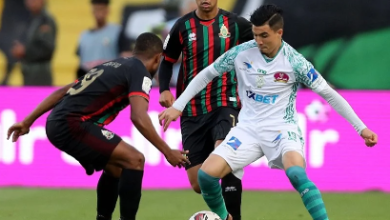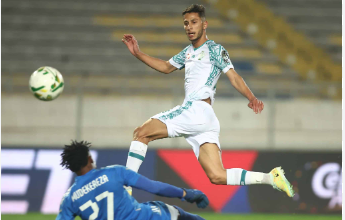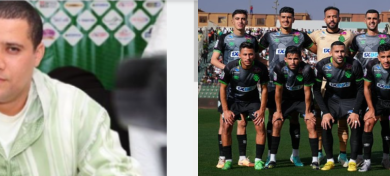FIFA publishes its Integrity Guide to prevent methods and practices, such as corruption, doping or match manipulation, from endangering the integrity of matches
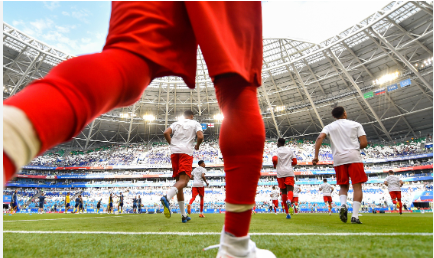
HIBAPRESS-RABAT-FIFA
This document is part of a long-term commitment to protect football from external threats.
To effectively tackle this problem, FIFA must be able to count on the support of the federations
The guide offers step-by-step guidance on where to start, what to know, and what to do.
Football is not immune to criminal activity that could undermine the integrity of matches and competitions. One of FIFA’s main missions is to protect it from these threats, and the first goal of FIFA’s strategic objectives for the 2023-2027 cycle leaves no room for ambiguity: it must work to “prevent that methods and practices, such as corruption, doping or match manipulation, endanger the integrity of matches, competitions, players, officials and member associations or give rise to abuse in association football.
FIFA is well aware that these threats will never completely disappear. FIFA and the federations must therefore join forces if they wish to combat them effectively.
As part of this strategy, FIFA is publishing the updated version of its Integrity Guide, to help all associations and stakeholders strengthen their own initiatives in this area.
Entitled “Protecting the Integrity of Football”, this new work is the result of FIFA’s constant efforts to place the subject at the heart of concerns, whether internally or with the general public. Designed by the FIFA Integrity team, it provides step-by-step guidance on where to start, what to know and what to do.
-Practical integrity guide – 2024 edition:
The reader will find advice on many topics, such as choosing an integrity manager, setting up reporting mechanisms, designing a training program or deploying a media strategy.
The guide also explains when and how to conduct an investigation or hold hearings.
This new edition includes a more comprehensive focus on the integrity action plan, with content dedicated to creating educational initiatives at the local level. It also contains a new chapter dedicated to integrity-related offence judgments, which details the step-by-step procedure to ensure the legal validity of decisions, as well as new case studies.
The guide was first presented during the recent FIFA Integrity Summit, which brought together integrity officers from FIFA’s 211 member associations and six confederations for two days in Singapore.

